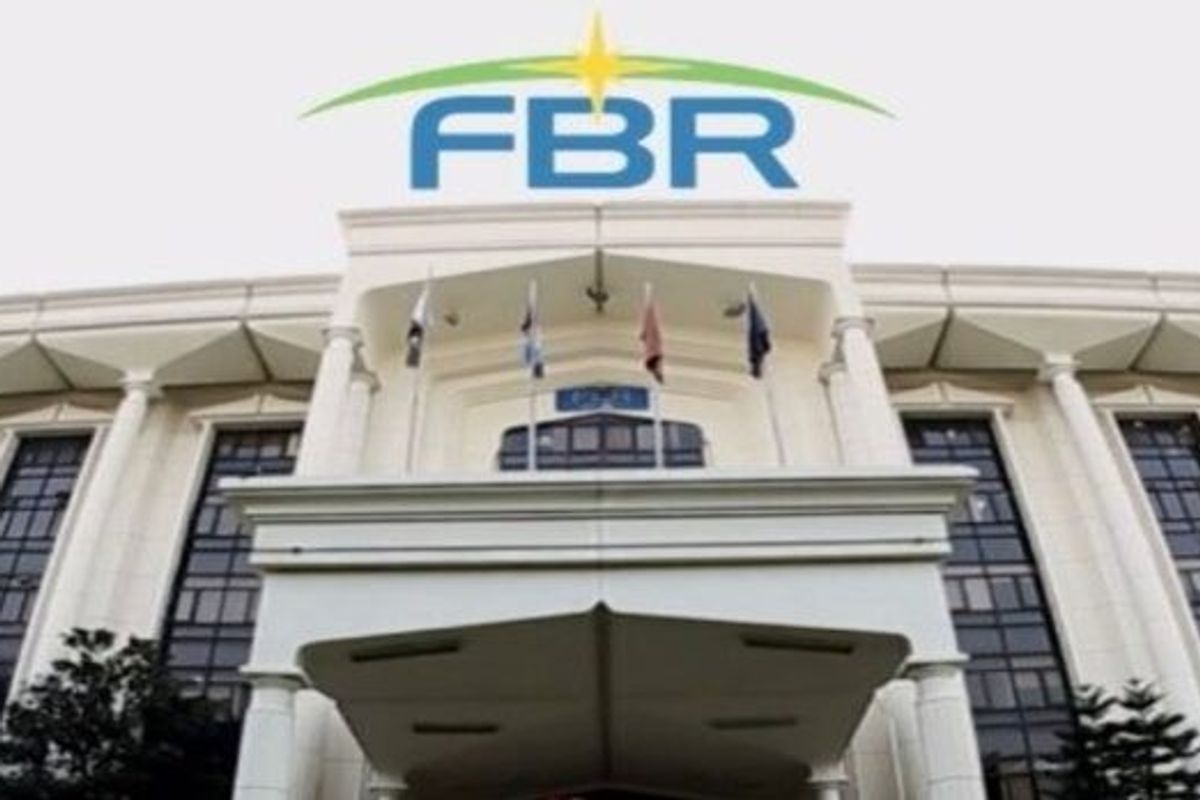Pakistan launches probe into cement sector's sales tax evasion
Authorities are scrutinizing transactions where no physical movement of goods occurred, and funds were merely routed through bank accounts

Javed Mirza
Correspondent
Javed Iqbal Mirza is an experienced journalist with over a decade of expertise in business reporting, news analysis, and investigative journalism. His work spans breaking news, editorial pieces, and in-depth interviews.

The Inland Revenue of Pakistan's Federal Board of Revenue (FBR) has initiated investigation into the cement sector's involvement in sales tax evasion. This probe has unveiled a complex web of fraudulent activities, including the procurement of fake invoices and the manipulation of sales tax inputs, aimed at minimizing tax liabilities.
An official told Nukta that several cement companies were engaged in the acquisition of fake sales tax invoices from fraudulent entities such as Trader Zone (a fake company). These transactions, which lack any physical movement of goods, were designed solely to create a facade of compliance and reduce sales tax obligations.
The fraudulent activities have also extended to income tax concealment, further complicating the financial landscape.
According to official documents, one cement company has been implicated in a significant tax fraud case, amounting to PKR 700 million. The company allegedly obtained fake sales tax invoices from fraudulent firms in 2022. These firms have been named in FIRs filed by the Directorate of Internal Audit-IR Karachi.
The fraudulent supply chain was traced back to Trader Zone, whose owner, Ajmal Khan, passed away in 2019.
The Inland Revenue's investigation is ongoing, with efforts to identify other major players in the cement sector who have engaged in similar fraudulent activities.
The authorities are scrutinizing transactions where no physical movement of goods occurred, and funds were merely routed through bank accounts to create an illusion of compliance with Section 73 of the Sales Tax Act 1990.
The FBR previously highlighted a substantial tax gap in the cement sector, estimated at PKR 100 billion. This gap is attributed to the under-reporting of production and the prevalence of cash-based transactions. The sector's reliance on fake or "flying" invoices has resulted in an estimated PKR 680 billion in fake input adjustments over the past five years.
The FBR has outlined several measures to combat tax evasion in the cement sector. These include the implementation of digital invoicing to match claimant details, disallowing adjustments significantly above defined ratios, HS code-based classification of allowed items by industry, and ensuring linkage of payments through banking channels.







Comments
See what people are discussing